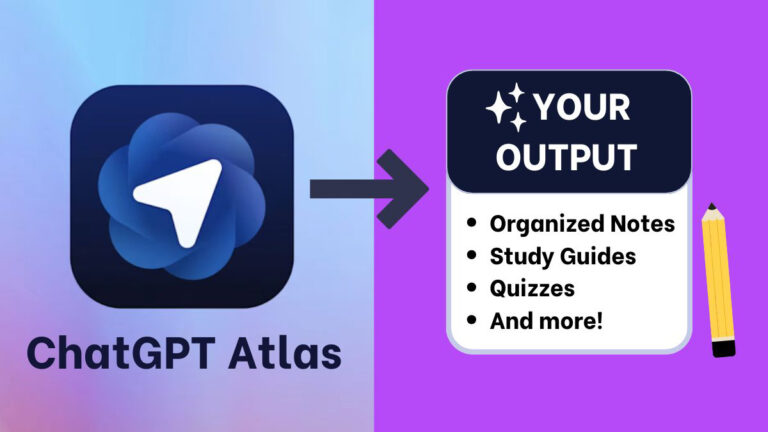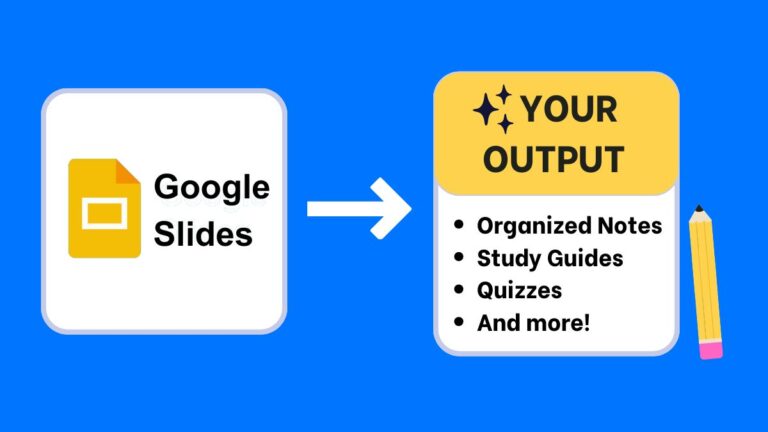Introduction
As the landscape of education continuously evolves, Artificial Intelligence (AI) is playing a pivotal role in transforming traditional teaching methodologies, particularly through AI grading systems. This comprehensive guide explores how AI grading can assist educators by improving accuracy, increasing efficiency, and freeing up more time for student interaction and personalized teaching.
How can AI grading help teachers?
AI grading technology offers numerous benefits that can streamline the educational process:
- Automated Test Scoring: AI grading swiftly handles standardized tests and multiple-choice questions, significantly reducing manual grading time.
- Immediate Feedback: AI grading systems provide instant feedback, helping students quickly learn from their mistakes.
- Evaluating Essays: Advanced AI grading tools use natural language processing to assess essays and written responses, evaluating everything from grammar to argument strength.
- Insightful Assessments: AI grading software analyzes data to identify patterns in student performance, aiding in tailored teaching strategies.
- Reduced Bias: AI grading promotes fairness by providing objective, consistent evaluations, minimizing personal biases.
- Enhanced Peer Review: AI grading supports effective peer and self-assessment by setting clear benchmarks and guidelines for student evaluations.

What are the addditional benefits of AI in education?
Beyond grading, AI enhances several other aspects of the educational experience:
- Personalized Learning Paths: AI customizes learning experiences by adapting materials to fit individual student needs.
- Accessibility Boosts: AI makes learning more accessible for students with disabilities by adapting resources to suit their needs.
- Predictive Performance Insights: AI tools predict student outcomes, helping identify students who might need additional support.
What challenges do Teachers face with AI grading?
Despite its benefits, AI grading implementation comes with challenges:
- Complex Assessments: AI may struggle with nuanced, subjective assessments that require human expertise.
- Privacy and Security: Managing sensitive student data demands robust security measures.
- Dependency Risks: There’s a concern about over-reliance on technology, which could diminish the human aspect of teaching.
How should teachers prepare for AI grading integration?
To effectively integrate AI grading, teachers can take several steps:
- Stay Informed: Keep up-to-date with the latest in AI technology and educational tools.
- Engage in Training: Participate in professional development opportunities focused on AI grading and assessments.
- Join Engaging Facebook Groups: Work with AI specialists to understand the best practices for AI grading implementation.
Conclusion
AI grading is revolutionizing the educational field by automating grading tasks, providing detailed insights, and supporting personalized teaching strategies. This shift allows teachers to devote more attention to their core roles—educating, mentoring, and inspiring students.
Learn more about AI grading and AI for education:
Educators are encouraged to explore AI grading tools to not only enhance their teaching effectiveness but also improve educational outcomes for students. Staying engaged with the latest AI developments in AI for Teacher Facebook groups and participating in specialized training will be key to making the most of AI in education.




